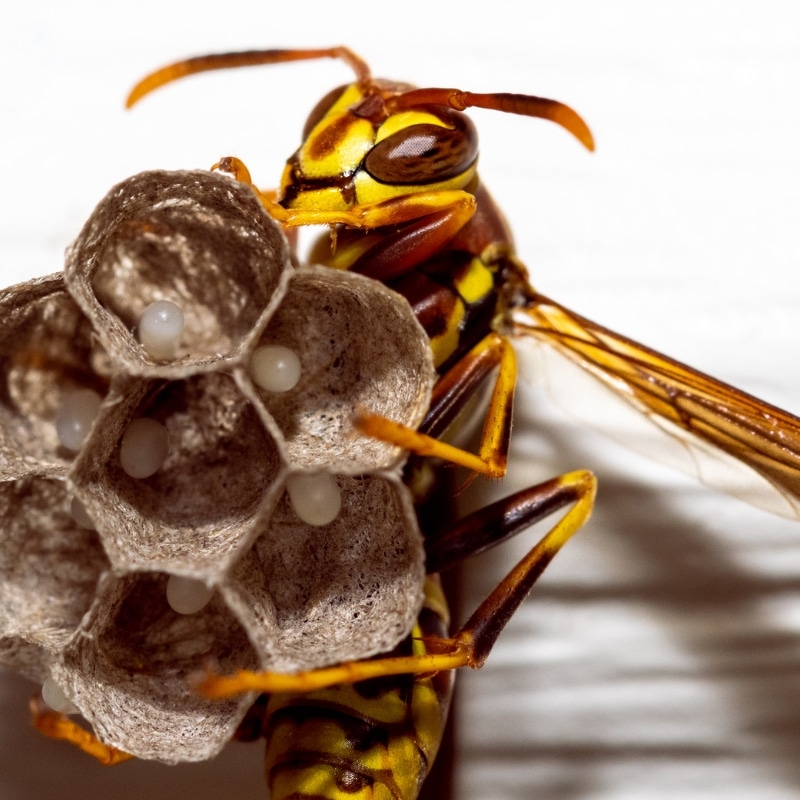Debunking Myths About Hornets and Wasps: Separating Fact from Fiction
Hornets and wasps often evoke fear and anxiety in people due to their notorious reputation as aggressive stinging insects. However, misconceptions and myths surrounding these creatures have propagated over time, leading to unnecessary panic and misinformation. In this blog post, we aim to shed light on the truth about hornets and wasps, debunking common myths, and providing accurate information about their behavior, significance, and the measures to coexist safely with these creatures.
Myth: All Hornets and Wasps Are Aggressive and Will Sting Unprovoked
Fact: While hornets and wasps possess a sting and can defend themselves if they feel threatened, not all species are inherently aggressive. In reality, these insects prefer to avoid confrontation and would rather focus on their primary tasks, such as foraging for food and caring for their colonies. Only when they perceive a direct threat to their nest or themselves will they resort to stinging. Understanding their behavior and keeping a safe distance from their nesting sites can significantly reduce the chances of being stung.
Myth: All Hornets and Wasps Are the Same
Fact: Hornets and wasps belong to the same family of insects, but they are not identical. There are many species within both groups, each with unique characteristics, behaviors, and nesting habits. For instance, European hornets tend to be less aggressive than some yellow jacket wasps. By learning to identify different species, people can better comprehend the varying risks associated with each and tailor their actions accordingly.
Myth: Hornets and Wasps Exist Solely to Harm Humans
Fact: Hornets and wasps play a crucial role in the ecosystem as pollinators and natural pest controllers. They feed on insects harmful to crops and plants, contributing to the balance of local ecosystems. Additionally, they pollinate flowers while searching for nectar, aiding in plant reproduction. It is essential to acknowledge their ecological significance and find ways to coexist with them without causing harm.
Myth: All Hornets and Wasps Build Large Nests in Trees or Structures
Fact: While some species construct aerial nests, many hornets and wasps build their nests underground or in sheltered locations. These concealed nests often go unnoticed until accidentally disturbed, leading to unintentional encounters with the insects. Being mindful of potential nesting sites can help avoid disruptions and potential stinging incidents.
Myth: All Stings from Hornets and Wasps Are Dangerous
Fact: Though stings from hornets and wasps can be painful and trigger allergic reactions in some individuals, they are not inherently deadly for most people. In truth, the vast majority of stings result in localized discomfort and mild reactions. However, those with allergies to insect stings should take extra precautions and seek medical attention if stung.
Myth: Insecticides Are the Best Way to Handle Hornets and Wasps
Fact: Indiscriminate use of insecticides can harm not only the hornets and wasps but also other beneficial insects, plants, and even humans. Instead of reaching for chemical solutions, it is best to focus on prevention and non-lethal methods of pest management. Sealing potential entry points into homes, removing attractants like food waste, and relocating nests when necessary are more environmentally-friendly approaches to managing hornet and wasp populations.
Debunking myths and misconceptions about hornets and wasps is crucial for fostering a healthier coexistence with these insects. Understanding their behavior, ecological importance, and potential risks associated with different species helps alleviate unnecessary fear and panic. By respecting their space and taking preventive measures, we can minimize the likelihood of stings while appreciating their role as essential components of our ecosystem. Let’s remember that educating ourselves about these creatures is the first step towards living harmoniously with them.
Our reputation is what means the most to us.
We respect our customers and they love the results.
View More Reviews

